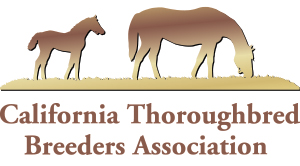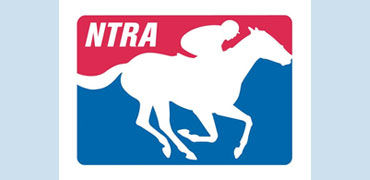From NTRA
WASHINGTON, D.C. (Thursday, April 3, 2014) – The United States Senate Finance Committee approved today legislation that would extend expired or expiring tax provisions for race horses, including a provision to extend the three-year recovery period.
This provision – originally passed by Congress and enacted into law in 2008 – accelerates, simplifies and makes uniform the depreciation period for race horses. The provision expired at the end of 2013 along with several other tax provisions. The proposed version of the provision that moved out of committee today more accurately reflects current-day investments in race horses and helps to spur continued investments in the racing industry.
“I applaud the Committee for moving this bill and for including this important provision in the legislation,” said Alex Waldrop, NTRA President and CEO. “I especially appreciate that the Committee understands the continued importance of our industry and the contribution of the equine economy to job creation and added investment.”
The three-year recovery provision was a top priority for the National Thoroughbred Racing Association (NTRA) in 2008 and has been a top legislative priority again this year.
“Our legislative team has once again helped forward our agenda in Washington by educating elected officials about the importance of our industry and we will continue to push this important issue before the full Senate and the U.S. House of Representatives,” Waldrop said.
The Committee also extended for two years increased expensing limitations under Section 179 and bonus depreciation, both of which also help investments in racehorses.
Bonus depreciation is set at 50 percent in the legislation and may be used by business owners who purchase and place in service qualified new property. An example of new property in horse racing is a yearling who begins a race horse training program.
The Section 179 expense allowance is set at $500,000 with a $2 million threshold for qualified new or used property that is purchased and placed in service by small business owners in many industries. In the horse racing industry, a broodmare who previously raced is an example of used property that may be eligible.


